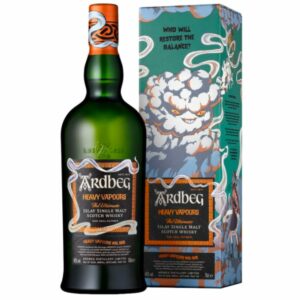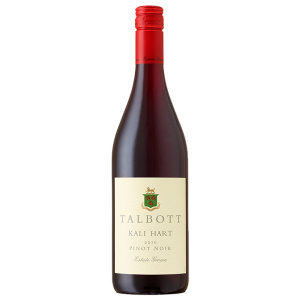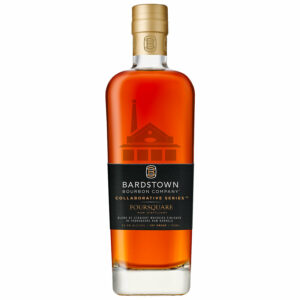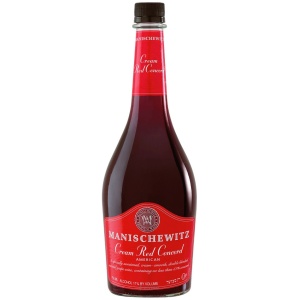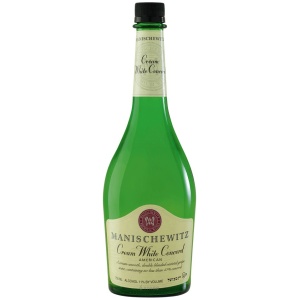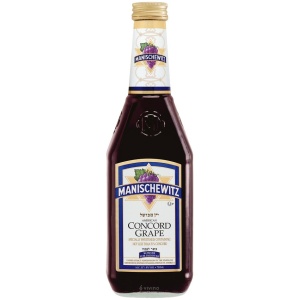You’re probably familiar with Manischewitz wines, the popular choice for Passover wines due to their reasonable price and religious certification. You will find them on a lot of tables at seder, but these wines are sacremental wines and often taste very syrupy and sweet – not to everyone’s liking. To be kosher doesn’t mean a wine has to taste bad! There are a wide variety of dry table wines with beautiful palettes available today which will make a perfect Passover wine choice.
In preparation for your week long holiday, we’ve put together a list of Passover wines, kosher and hand selected for your drinking pleasure. Whatever you’re planning on serving for seder, there’s a Passover wine that will fit any meal, any flavor – even your dessert!
What is Kosher wine?
Kosher wine (Hebrew: יין כשר, yayin kashér) is grape wine produced according to the religious law of Judaism, specifically Jewish dietary laws (kashrut).
To be considered kosher, Shabbat observant Jews must control, and sometimes manage, the entire winemaking process, from crushing the grapes to bottling the wine, and all ingredients used, including the toppings, must be kosher. Wine that is described as “kosher for Passover” must be kept away from contact with chametz, examples of which are grains, bread and pasta.
When kosher wine is produced, marketed and sold commercially, it usually bears the “seal of approval” (hechsher) of a kosher certification body or an authoritative rabbi, who is preferably also a poser (“decider” of Jewish law), or is under the supervision of a beth din (“Jewish religious court”).
Recently, there has been a growing demand for kosher wines, and several wine-producing countries now produce a wide range of sophisticated kosher wines under strict rabbinic supervision, especially in Israel, the United States, France, Germany, Italy, South Africa, Chile, and Australia. Two of the world’s largest producers and importers of kosher wines, Kedem and Manischewitz, are located in the northeastern United States.
Like what you are reading? Try these related stories...
Requirements for Kosher wine
Remember when we mentioned that there are some differences in how kosher wine is made? You may be surprised to learn that kosher wines are not blessed by a rabbi. There are two basic requirements for making kosher wine:
It must only be handled by Jews living at the winery.
Only religious Jews can handle the wine and touch the equipment from the moment the grapes arrive at the winery. Even a non-Orthodox Jewish winemaker is not allowed to sample barrels. This can be frustrating for the practical winemaker, but kosher producers are used to it… and it is not a limitation that affects quality.
There are stricter rules for wine additives.
Yeast, fining and cleaning agents must be certified kosher and must not be derived from animal by-products. For example, fining agents that are not allowed include gelatin (derived from animals), casein (derived from milk), and glass (because it is derived from non-kosher fish). Many kosher wines are ideal for vegetarians – and vegans too (as long as egg whites are not used).
